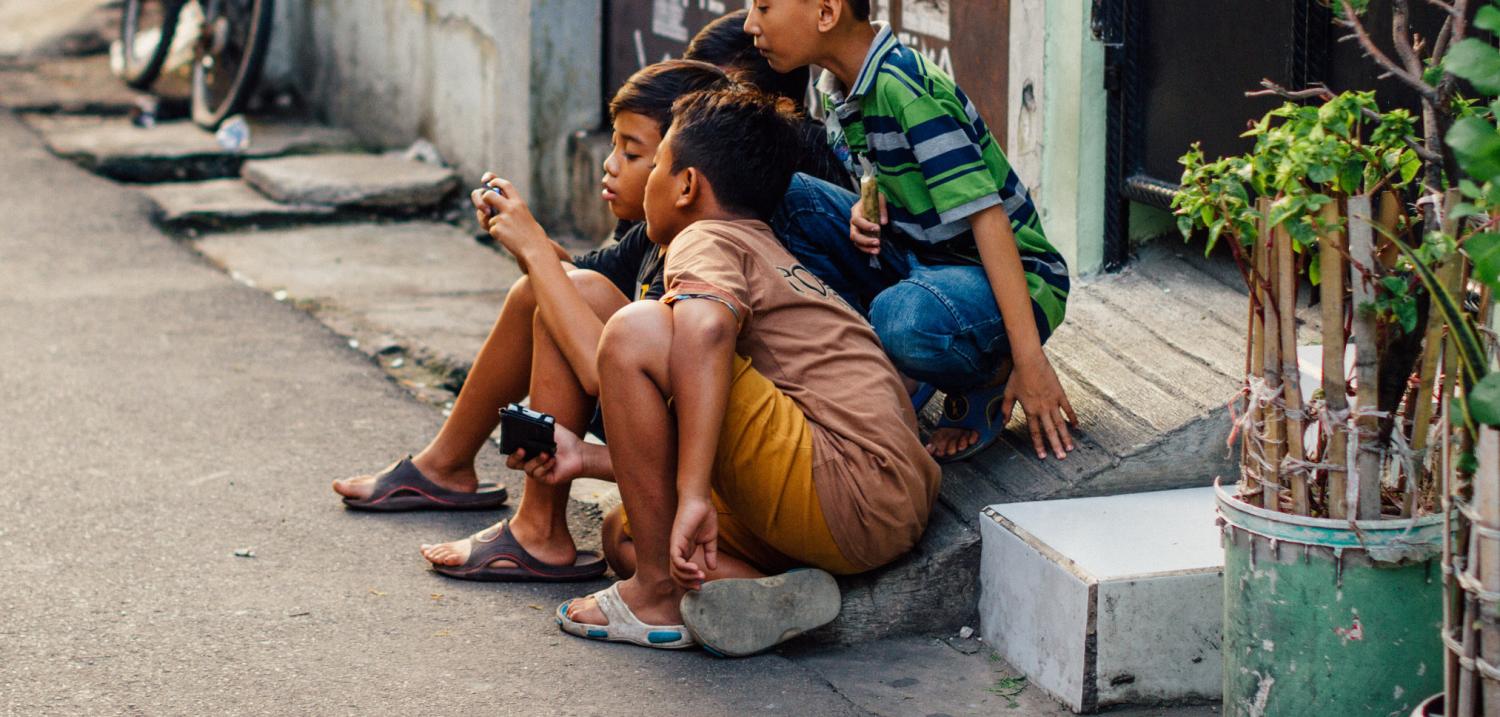- One of China's largest international technology companies, ZTE, has plead guilty to breaking sanctions and selling electronics to North Korea and Iran. ZTE will pay US $1.19 billion in fines, the largest ever criminal fine in a US sanctions case.
- More than half of Indonesia's population is now online (132.7 million) and investors have their money on fintech, e-commerce, software-as-a-service (SaaS) and the on-demand marketplace as the next tech growth sectors.
- North Korea's propaganda is a rich resource for analysts. What does this one photo tell us about the country's nuclear program?
- Commissioned by Facebook, the Economist Intelligence Unit has released the Inclusive Internet Index which ranks countries based on availability, affordability, relevance and readiness. Singapore comes in first (equal with Sweden) and Japan and South Korea also appear in the top ten (Australia ranks 11th). Cambodia is Asia's worst performer, primarily due to a lack of online local language content.
- The Chinese Government has released its International Cooperation Strategy on Cyberspace. As highlighted in the conclusion of this analysis, the strategy does not tackle the tension between the government's domestic censorship policies and its 'desire to promote Chinese tech exports abroad'.
- In a rare public reproach of the Communist Party's Internet policy, a senior official has called for an easing of cyber censorship (although his appeal was eventually censored).
- However, the Chinese Government is unlikely to ease censorship and is in fact tightening control of the country's cyberspace. It has the live-streaming industry in its sights and last week Tencent was ordered to shut a platform that hosted think piece commentaries while other portals were told to close sections on the military, Taiwan and international affairs. From today some e-commerce sites will no longer allow vendors to sell 'overseas publications' (including from Hong Kong, Macau and Taiwan) and last month feminist groups on Weibo were targeted.
- In response to the South Korean Government's decision to deploy the THAAD anti-missile defence system, South Korean TV shows and K-pop music videos have also been blocked from Chinese online streaming platforms.
- Uber's gender and cultural problems have dominated headlines this year. Now one of its competitors, Indian cab aggregator Ola, is facing similar allegations.
- In Kazakhstan and Kyrgyzstan a whale-themed Russian social media game that allegedly promotes suicide is attracting mixed reactions from Central Asian authorities.
- Asia's chat apps are investing in new features including voice-powered concierge and artificial intelligence holographic services.
- The Prime Minister of Singapore doesn't watch TV anymore: he visits his favourite online news sites then tracks his Facebook and Instagram posts, checks on public discussion and then weighs up whether to respond.
- With financial support from the Chinese Government, the world's 4th largest smartphone maker Xiaomi is now making its own smartphone chips. Should the US be worried?
- To celebrate #WomenInCyber on International Womens Day, Australia's new Ambassador for Cyber Affairs put together this video (h/t Lucy):
Digital Asia links: Electronic sanctions, North Korea propaganda, China’s censorship stepped up and more
The Asia Pacific is the most dynamic digital landscape in the world.

Photo: Flickr/Adam Cohn
Published 10 Mar 2017
Follow @DaniellesCave